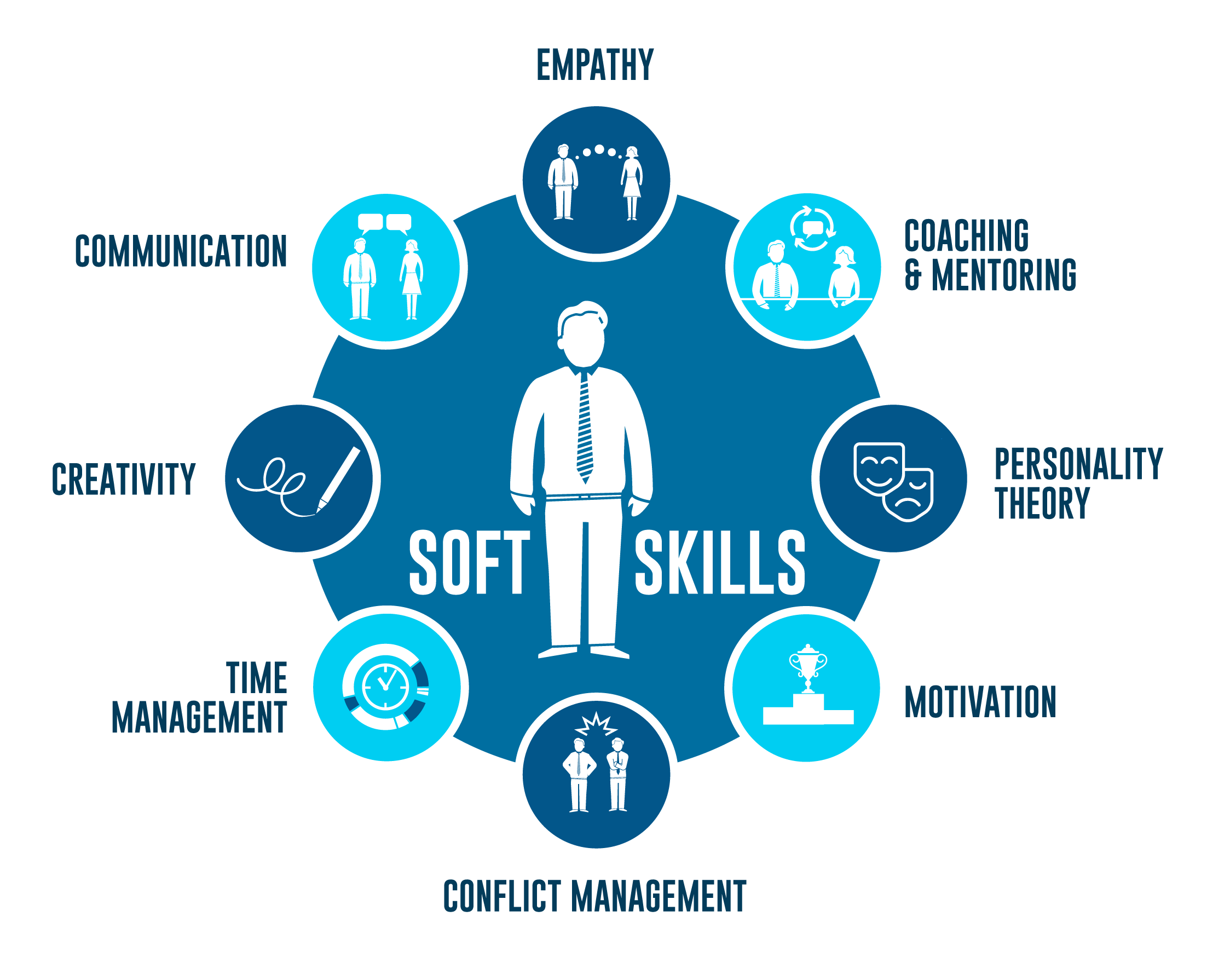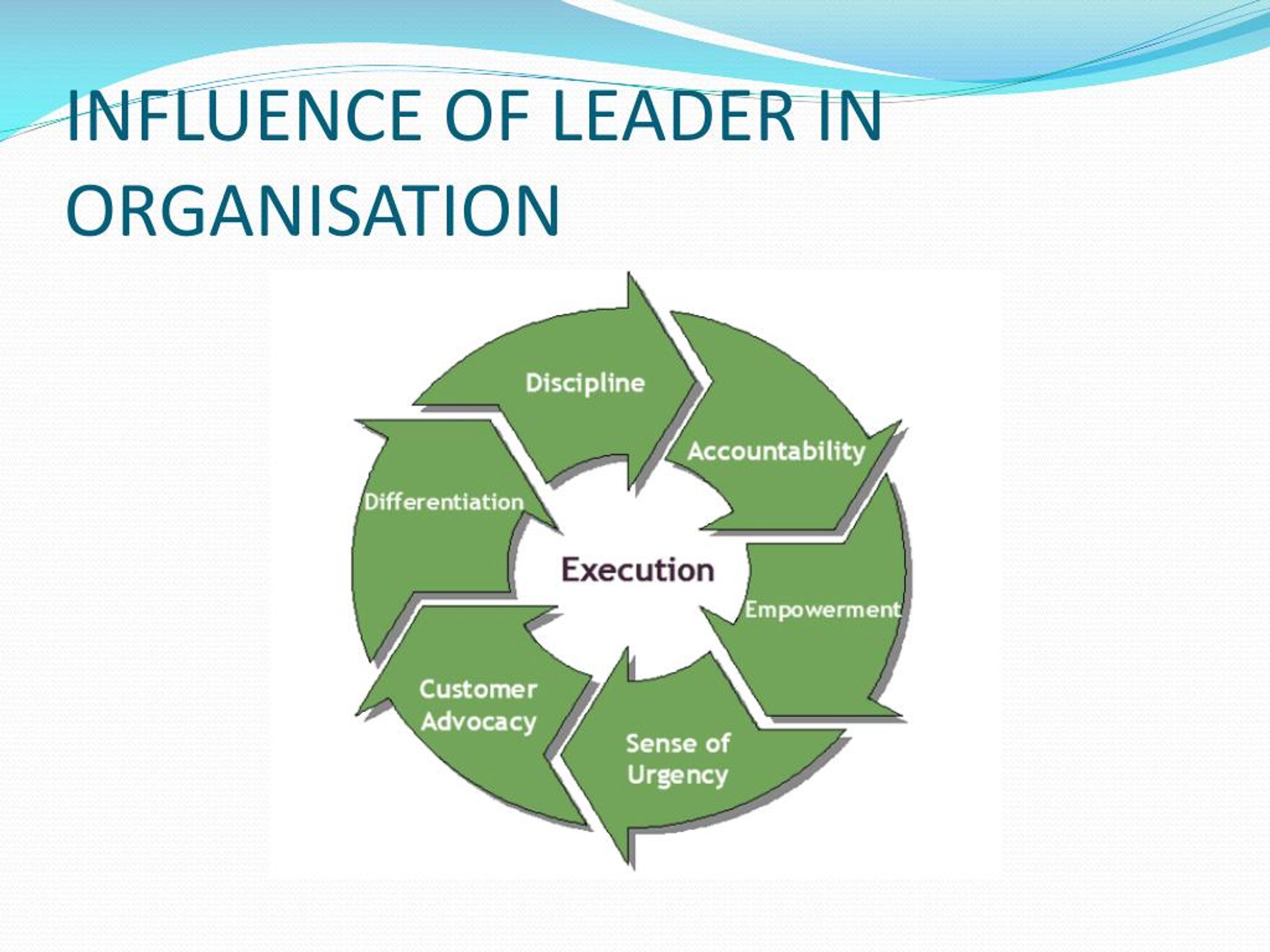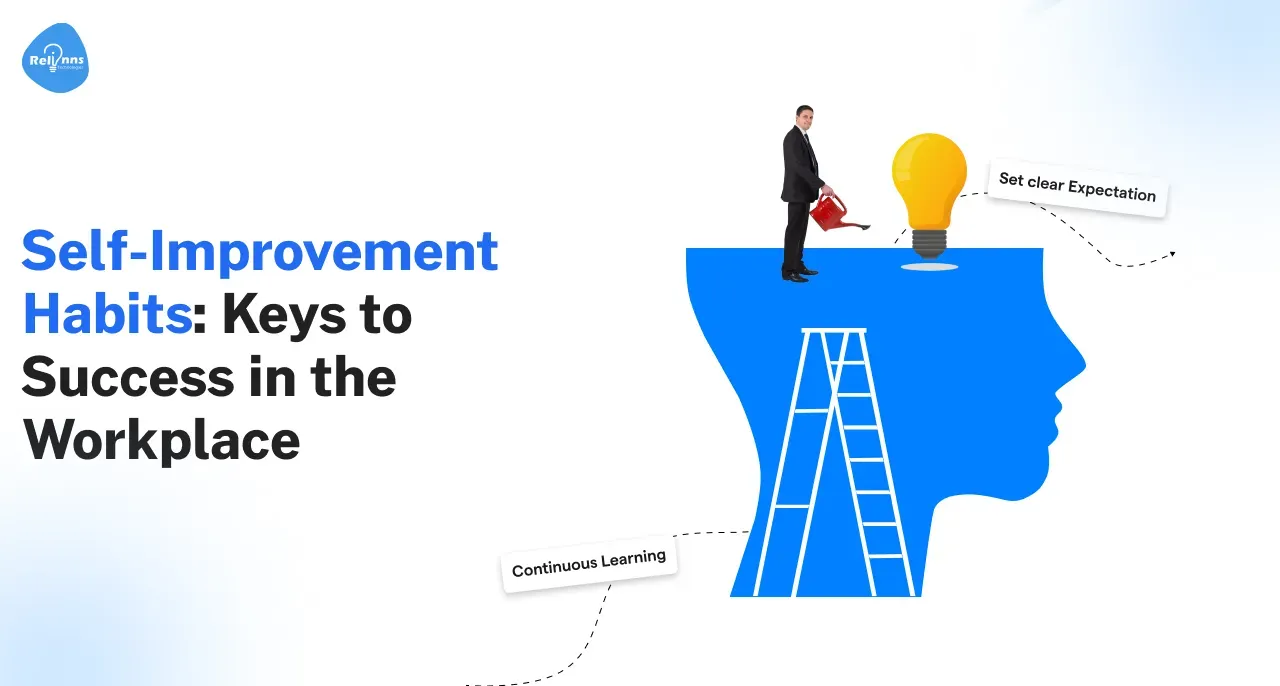The Art of Influence: Cultivating Soft Skills for Leadership Excellence
Date
Jul 02, 24
Reading Time
10 minutes
Category
Career Development
- Introduction
- Understanding the Importance of Soft Skills For Leadership
- Core Soft Skills for Leadership
- How to Acquire Soft Skills for Leadership
- Demonstrating Soft Skills for Leadership in Professional Settings
- Measuring the Impact of Soft Skills for Leadership
- Conclusion
- Frequently Asked Questions (FAQs)
Table of content

Introduction
Did you know that 85% of job success comes from excellent soft and people skills while only 15% comes from technical skills? This is the result of a study conducted by Stanford Research Center, Harvard University, and Carnegie Foundation and spanned more than 100 years.
In the ever-evolving landscape of professional leadership, the spotlight increasingly falls on a crucial set of skills that every leader must hone: soft skills for leadership. Unlike hard skills, which may tick boxes on technical qualifications, soft leadership skills breathe life into a leader’s ability to guide, inspire, and influence others. These skills are at the core of effective leadership.
This blog delves into why cultivating these skills is not just beneficial but essential for anyone looking to lead successfully in today's dynamic work environments.
Join us as we unpack the transformative power of soft skills for leadership, providing you with the insights and tools to elevate your leadership journey.
Understanding the Importance of Soft Skills For Leadership

Soft skills are often mistakenly viewed as secondary or complementary to technical abilities. However, in the realm of leadership, these interpersonal and emotional skills are what distinguish a good leader from a great one. According to a study, 93% of employers define soft skills as “very important” or “essential”.
So, what are soft skills? Essentially, they include a range of abilities that make effective interaction and relationship-building easy. For leaders, this includes emotional intelligence, effective communication, adaptability, and conflict resolution.
Central to leadership is the ability to connect with people. Types of soft skills crucial for leaders aren’t just about being friendly or a good speaker; they involve deep listening, empathy, and the capacity to motivate and inspire teams.
A leader proficient in these areas is regarded as accessible and reliable—traits that cultivate a setting conducive to the growth of ideas and the constructive resolution of conflicts.
In practice, soft skills for leadership mean more than just managing teams efficiently. They enable leaders to create a vision that others feel passionate about pursuing.
By effectively using emotional cues, leaders can read the room, adapt their strategies, and communicate in ways that resonate deeply with their team's values and motivations.
Core Soft Skills for Leadership
Diving deeper into the specific soft skills for leadership, it becomes clear that certain abilities are essential for anyone aiming to lead effectively.
Here, we focus on three critical skills: empathy, team building, and problem-solving—each important for fostering a productive and positive workplace.

Empathy is at the heart of effective leadership. It involves understanding and sharing the feelings of others. A leader who exhibits empathy can better support and motivate their team, increasing loyalty and morale.
Empathetic leaders help in navigating difficult conversations and decisions, ensuring that team members feel heard and valued.
Team building is another vital soft skill for leadership. It's not just about grouping people together; it's about creating a cohesive unit that works seamlessly toward common goals.
Leaders with strong team-building skills can identify individual team members' unique strengths and integrate them to enhance collaboration and minimize conflict.
Such leaders foster an environment where mutual respect and collective effort are the norms.
Problem-solving skills enable a leader to handle challenges effectively and find innovative solutions. This skill is crucial in a fast-paced, ever-changing business environment where decisions often need to be made swiftly and efficiently.
Leaders who excel in problem-solving can guide their teams through challenges without losing momentum, turning potential obstacles into opportunities for growth.
By fostering an understanding of types of soft skills for leadrship like these, leaders can not only enhance their own performance but also uplift their entire team, driving organizational success.

How to Acquire Soft Skills for Leadership
Acquiring and refining soft skills for leadership is an ongoing process that demands strong intentions and commitment.
While some individuals may naturally possess certain interpersonal qualities, everyone can develop these essential skills through structured learning and practical experience. According to a survey by HBR, 69% of managers feel uncomfortable communicating (a soft skill) with their employees.
Here, we provide practical strategies to help leaders enhance their soft skills.
Formal Training and Workshops
Enroll in leadership development programs or workshops focused on emotional intelligence, conflict resolution, and communication.
These structured learning environments provide foundational knowledge and the opportunity to practice new soft skills for leadership in a controlled setting.
The workshops also emphasize the importance of identifying and articulating soft skills to be written in resume to stand out to potential employers.
Mentorship and Coaching
Engage with a mentor or coach who posses strong soft skills for leadership. Mentorship allows leaders to receive personalized feedback and advice, helping them see where they can improve and implement soft skills effectively in their leadership style.
.png?width=1640&name=coaching%20(1).png)
Real-world Application
Apply learned soft skills for leadership in everyday work scenarios. Practical application is crucial, whether it's leading a meeting, negotiating with stakeholders, or managing a project. Reflect on these experiences to understand what worked, what didn’t, and how different approaches could lead to better outcomes.
Self-Reflection and Mindfulness
Regular self-reflection helps leaders understand their emotional responses and interactions with others. Mindfulness can enhance this process, enabling leaders to remain calm and composed, even in stressful situations, thus better applying soft skills for leadership like empathy and adaptability.
Feedback Mechanisms
Implement and encourage a feedback-rich culture within your team. Regular constructive feedback from peers, subordinates, and superiors can provide insights into how a leader’s soft skills are perceived and their impact on others.
Continuous Learning
Stay updated with the latest leadership strategies and theories. Reading books, listening to podcasts, and attending seminars can provide ongoing inspiration and knowledge to refine your soft skills for leadership.
According to a survey by Career Education Review, only 31% of employers actually provide soft skill development training to their employees. This highlights the importance of individual responsibility in improving their own soft skills for leadership.
By adopting these strategies, individuals can ensure they are not only equipped with the necessary technical skills but also with the soft skills that are critical for leading effectively.
Suggested Reading : How to Ace the Tech Job Interview: Finding the Perfect Fit
Demonstrating Soft Skills for Leadership in Professional Settings
Once acquired, it’s crucial for leaders to effectively demonstrate their soft skills for leadership in various professional settings. This visibility not only enhances a leader's influence but also sets a powerful example for others in the organization. Here’s how leaders can showcase these skills, from resumes to real-world interactions:
On the Resume: When writing, make sure to include a section dedicated to soft skills to be written in resume prominently, highlighting your communication and teamwork abilities.
When listing skills, include specific examples of how each skill was used to achieve positive outcomes in previous roles. For instance, describe a situation where empathetic leadership led to improved team morale and increased productivity.
This conveys not just capability but also the application of these skills.
During Interviews: Use the interview as a platform to demonstrate your soft skills for leadership.
Respond to questions with stories that highlight your problem-solving capabilities, adaptability, and team-building successes. This approach helps interviewers envision you in a leadership role, effectively using these skills.
In Team Management: Daily interactions with your team offer numerous opportunities to display soft skills for leadership.
Lead by example: communicate clearly, show empathy during conflicts, and support your team’s professional development. These actions reinforce your leadership qualities and encourage a similar approach among team members.
In Decision-Making: Show how your soft skills for leadership influence decisions.
When faced with difficult choices, illustrate how emotional intelligence guides you to consider the well-being of your team along with the business outcomes. This balance demonstrates prudent and empathetic leadership.
In Conflict Resolution: Effective conflict resolution showcases multiple soft skills for leadership simultaneously.
A leader’s ability to listen, understand, and find mutually agreeable solutions is crucial when mediating disputes. Displaying these skills can elevate a leader’s reputation and trustworthiness significantly.
In Networking and External Engagements: Whether at conferences, workshops, or social settings, how a leader interacts with others can solidify their reputation as someone who embodies and values soft skills.
Engaging thoughtfully and respectfully with peers and colleagues can open doors and create opportunities for collaboration.
By demonstrating these soft skills for leadership, leaders not only showcase their own capabilities but also inspire their teams to mirror them, improving the overall effectiveness of their leadership and the performance of their organizations.
Measuring the Impact of Soft Skills for Leadership
Measuring their impact on leadership effectiveness and organizational performance is essential to truly understand the value of soft skills for leadership. This assessment helps justify continued investment in soft skills development and provides clear indicators for improvement. Here are key strategies for measuring the impact of leadership soft skills:
Employee Feedback and Surveys
Regularly gather feedback from team members about their experiences and perceptions of leadership within the organization. Surveys can specifically ask about how leaders’ communication styles, empathy, and conflict resolution skills affect their job satisfaction and engagement. This direct feedback is invaluable for assessing the effectiveness of soft skills for leadership.

Performance Metrics
Correlate leaders’ soft skills with team performance indicators such as productivity, quality of work, and turnover rates. Teams that are managed by leaders with strong soft skills often exhibit higher productivity and lower turnover, which can be compelling evidence of the positive impact of these skills.
360-Degree Reviews
Utilize 360-degree review processes to get a comprehensive view of a leader’s effectiveness from subordinates, peers, and supervisors. These reviews should include specific questions about the leader’s soft skills and how these influence their leadership capacity.
Succession Planning Success Rates
Track the success rate of individuals who have been coached or mentored by leaders with strong soft skills. Leaders who effectively transfer their knowledge and skills tend to have more success in grooming their replacements, indicating effective use of soft skills for leadership development.Conflict Resolution Outcomes
Monitor and analyze the outcomes of conflict resolution efforts led by the leader. Successful conflict resolution, where both parties feel satisfied with the outcome, often points to proficient use of soft skills for leadership such as empathy, negotiation, and problem-solving.
Leadership Impact on Organizational Culture
Assess how leaders' soft skills influence the broader organizational culture. Leaders who promote transparency, openness, and inclusivity through their soft skills often foster a positive workplace culture that drives overall organizational success.
By employing these measurement strategies, organizations can not only see the tangible benefits of cultivating soft skills in their leaders but can also identify areas for further development.

Conclusion
In conclusion, the cultivation of soft skills for leadership is not merely beneficial but essential for anyone aspiring to lead effectively in today's dynamic environments.
These skills—ranging from empathy and teamwork to strategic problem-solving—serve as the backbone of influential and responsive leadership.
Leaders equipped with these capabilities not only enhance their own effectiveness but also uplift their entire team, driving organizational success.
Continuously developing these skills is necessary for long term leadership.
Embrace the journey of enhancing your soft skills for leadership and witness the transformative impact on your career and your organization.
In today's competitive landscape, advancing your skills, mastering effective communication, and developing leadership skills are pivotal for career growth and personal fulfillment. At Relinns Technology, we offer an exceptional platform to achieve these goals, featuring diverse career opportunities in both technical and non-technical domains. Our commitment lies in empowering you through hands-on projects and continuous learning, specifically enhancing your communication and leadership skills. Join our team of dedicated professionals to contribute to groundbreaking projects and refine your skills in a supportive environment. At Relinns, we provide the guidance and prospects essential for crafting a successful career path in any field.

Frequently Asked Questions (FAQs)
What are soft skills?
Soft skills include interpersonal attributes and personality traits that determine how effectively you can work and interact with others. They enhance relationships, job performance, and career prospects.
What types of soft skills are essential for leadership?
Essential soft skills for leadership include communication, empathy, adaptability, problem-solving, and teamwork. These skills help leaders manage teams effectively and inspire others.
What are some effective strategies on how to acquire soft skills for career advancement?
Acquire soft skills through formal training, mentorship, practical application, self-reflection, and feedback. Engaging in diverse professional situations also enhances these skills over time.
What should be some soft skills to be written in resume?
On a resume, highlight soft skills like communication, teamwork, problem-solving, and adaptability. Tailor these skills to the job description to show your suitability for the role.
List some leadership skills needed in today’s workplace?
Today’s workplace demands leaders who possess emotional intelligence, effective communication, strategic thinking, and resilience. These skills enable leaders to navigate complex challenges and drive organizational success.





